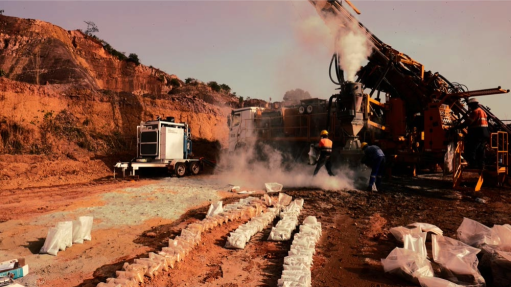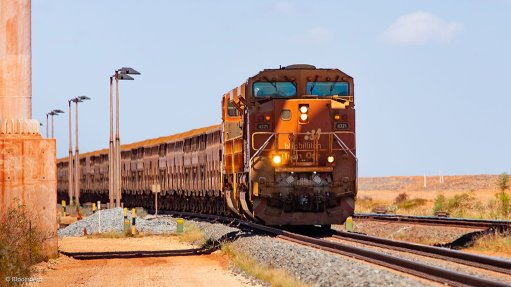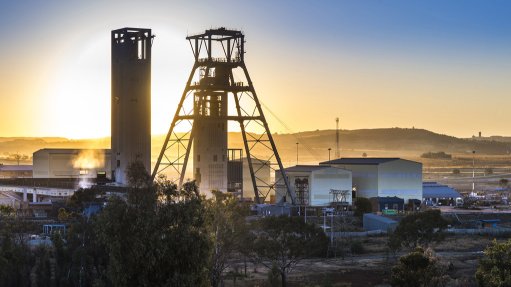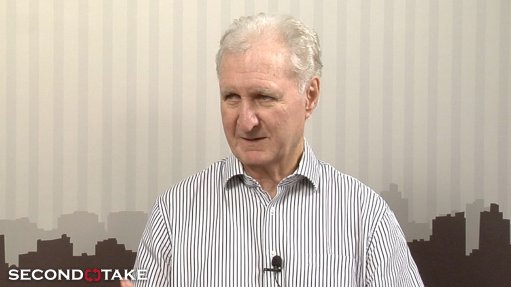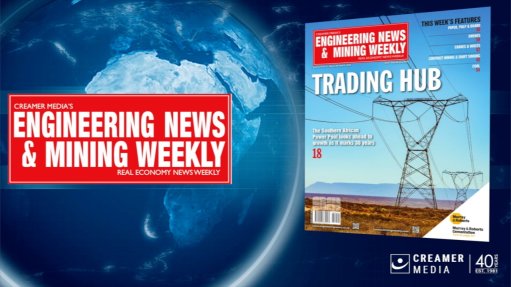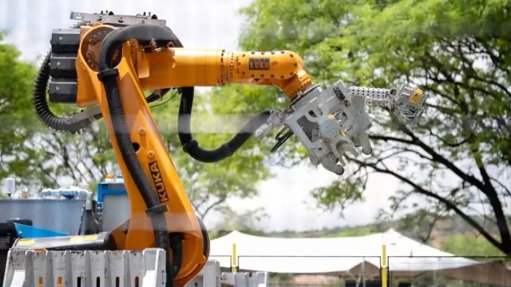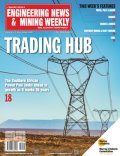Policy posers
South African energy policymakers would be well advised to take note of a few recent reports as they move to finalise the long-awaited update to the Integrated Resource Plan (IRP) for electricity, as well as the Integrated Energy Plan (IEP).
The first of these is titled ‘Status of Power System Transformation 2018: Advanced Power Plant Flexibility’, published in May by the International Energy Agency (IEA). The report states that power system flexibility has become a global priority, owing to the structural shift in the way power systems are best planned and operated. The change is driven primarily by the increased deployment of “abundant, low-cost variable wind and solar energy resources”. But it is also being reinforced by the deployment of decentralised energy resources and the unstoppable trend towards digitalisation. Power system operators have forever been alive to the fact that ‘keeping the lights on’ requires a continuous balancing of supply and demand across all timescales. Flexibility has, thus, always been an important arrow in the quiver. However, the integration of variable renewable energy into daily opera- tions, together with the growing intensity and frequency of high-impact events, means that flexibility has become increasingly vital.
Given South Africa’s climate commitments, as well as its almost unrivalled solar resource and what looks to be an equally formidable wind resource, it is simply unimaginable that the new IRP will not scale up the role of renewables. Indeed, it would be irrational not to exploit these comparative natural advantages, particularly as the cost of wind turbines and photovoltaic panels continues to fall. However, to do so in a way that ensures reliability will require system operators to pay attention to the issue of flexibility, which, as the IEA report outlines, can arise from not only flexible generation but also a range of low-capital solutions.
The second report, written by the University of Cape Town’s Energy Research Centre, assesses the cost, emissions and supply security implications of the two coal baseload independent power producer plants being procured by the Department of Energy. The authors conclude that the plants are not necessary to meet demand and that their inclusion in the mix will not only be more expensive than the alternatives, but will also reduce the load factors at Eskom plants and exacerbate the so-called ‘utility death spiral’.
Finally, the IEA also published its ‘Global Electric Vehicle Outlook 2018’, which shows that the number of electric and plug-in hybrid cars rose 54% in 2017 to exceed three-million vehicles. Depending on the policy environment, the IEA forecasts that the number of electric cars could reach between 125-million and 200-million by 2030. This trend could have significant implications not only for South Africa’s automotive industrial strategy but also for energy policy and the content of the IEP.
For one, it could well imply greater demand for electricity in the transport sector, which may have implications for the IRP. Secondly, the electrification of mobility could become an important factor in determining South Africa’s future liquid-fuels demand trajectory. This, in turn, could well affect the economic viability of constructing a new greenfield oil refinery.
These are big policy questions that all require a well-considered policy response.
Comments
Press Office
Announcements
What's On
Subscribe to improve your user experience...
Option 1 (equivalent of R125 a month):
Receive a weekly copy of Creamer Media's Engineering News & Mining Weekly magazine
(print copy for those in South Africa and e-magazine for those outside of South Africa)
Receive daily email newsletters
Access to full search results
Access archive of magazine back copies
Access to Projects in Progress
Access to ONE Research Report of your choice in PDF format
Option 2 (equivalent of R375 a month):
All benefits from Option 1
PLUS
Access to Creamer Media's Research Channel Africa for ALL Research Reports, in PDF format, on various industrial and mining sectors
including Electricity; Water; Energy Transition; Hydrogen; Roads, Rail and Ports; Coal; Gold; Platinum; Battery Metals; etc.
Already a subscriber?
Forgotten your password?
Receive weekly copy of Creamer Media's Engineering News & Mining Weekly magazine (print copy for those in South Africa and e-magazine for those outside of South Africa)
➕
Recieve daily email newsletters
➕
Access to full search results
➕
Access archive of magazine back copies
➕
Access to Projects in Progress
➕
Access to ONE Research Report of your choice in PDF format
RESEARCH CHANNEL AFRICA
R4500 (equivalent of R375 a month)
SUBSCRIBEAll benefits from Option 1
➕
Access to Creamer Media's Research Channel Africa for ALL Research Reports on various industrial and mining sectors, in PDF format, including on:
Electricity
➕
Water
➕
Energy Transition
➕
Hydrogen
➕
Roads, Rail and Ports
➕
Coal
➕
Gold
➕
Platinum
➕
Battery Metals
➕
etc.
Receive all benefits from Option 1 or Option 2 delivered to numerous people at your company
➕
Multiple User names and Passwords for simultaneous log-ins
➕
Intranet integration access to all in your organisation










